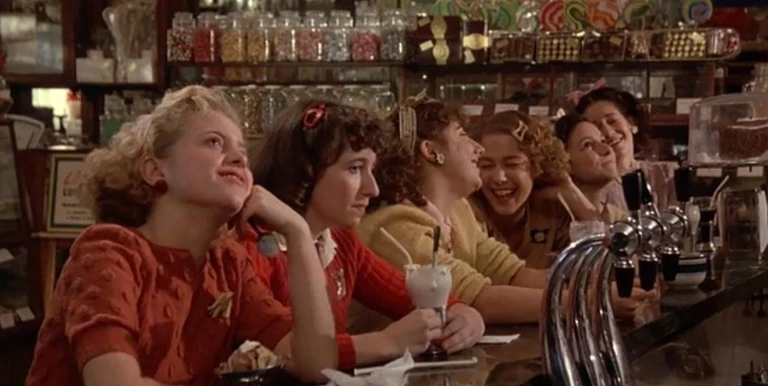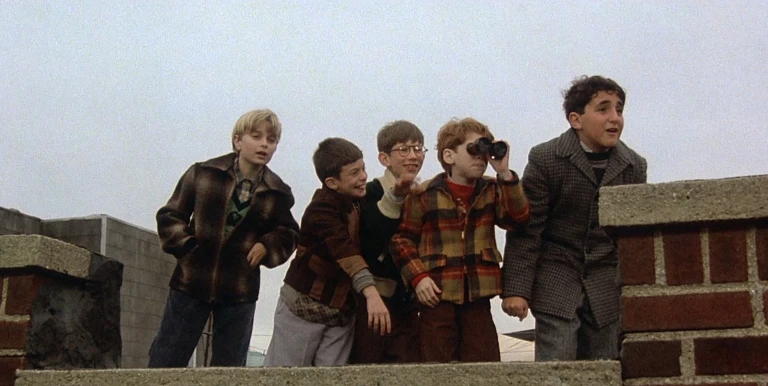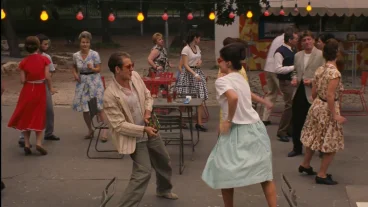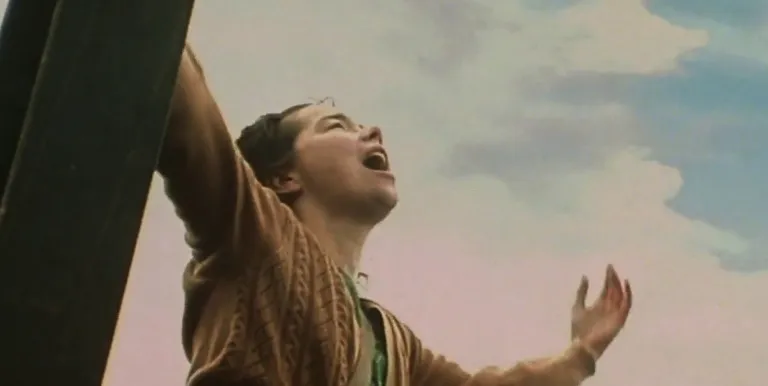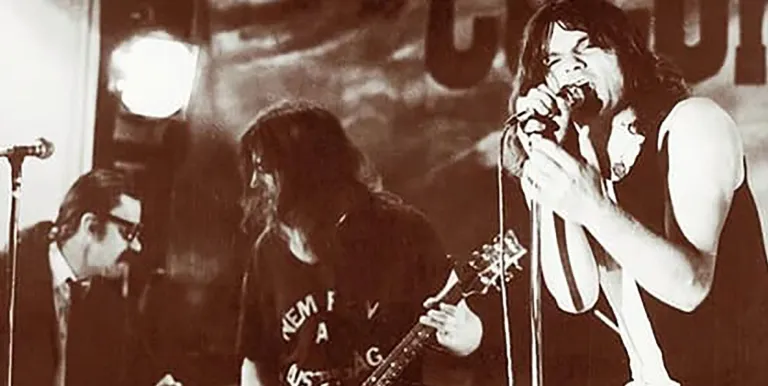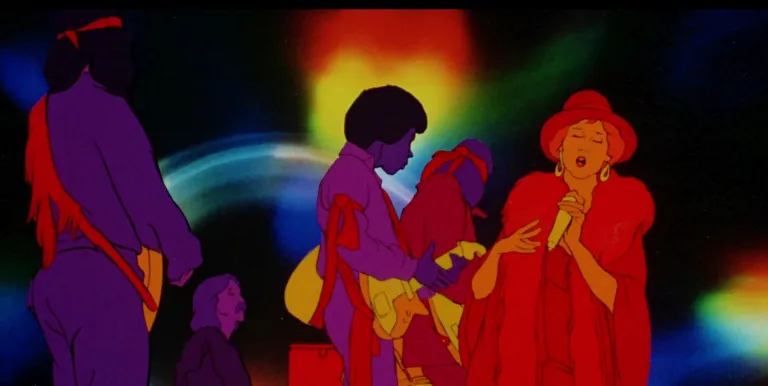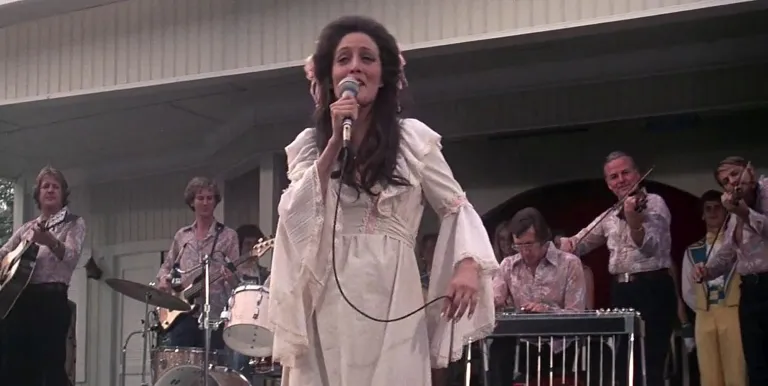Creator:
Featuring:
Woody Allen’s only presence in this film is through his voice. What else? In a film about radio, there can only be sound. No visuals. Still, the cinema does include visuals, so we suppose that the little ginger-haired kid might be the storyteller himself. Reminiscing. But about what?
Radio Days is the story of the life of a small middle-class Jewish family from the late 1930s until the end of 1943. Inextricably intertwined with their lives are the sounds that come from the radio and the world behind these sounds that they imagine and dream about. Gossip, scuttlebutt, rumours, legends. Who can say which of them are true? A car radio plays the 1938 Orson Welles audio play that supposedly caused mass panic in the United States. One of the characters even takes flight. Except later it turned out there was no panic: it was all just media fakery. Yes indeed, but the fake news still gave media research a boost. So should the always rainy Rockaway Beach be the sole reality? Radio can never be, because it only broadcasts sounds. We imagine worlds behind the voices, but these worlds are ones that are sometimes created by voiceover artists. But the phone-in programme and the quiz show are real. Along with the music. Music plays an insanely large role in Woody Allen’s films. (It is no coincidence that Mickey, the hypochondriac screenwriter played by Allen in Hannah and Her Sisters, complains of hearing loss and fears something much more serious.) And this is not just about the director’s clarinet. One plot thread of Radio Days involves a girl who pursues a career on the airwaves.
A seemingly simple film. Reminiscences with no poignant drama. A distant relative of Fellini’s Amarcord. One similarity is how Allen very subtly incorporates history into his story. Because the period between 1938 and 1943 was not exactly an age of peace and harmony. But, as usual, Allen weaves history into human stories. So we can look to the future with confidence. Among the lights of the advertisements, we see the year 1944 before us...
In English, with Hungarian subtitles.
The discussions before and after the screening will be conducted in Hungarian.
Presented by: Müpa Budapest
-
We wish to inform you that in the event that Müpa Budapest's underground garage and outdoor car park are operating at full capacity, it is advisable to plan for increased waiting times when you arrive. In order to avoid this, we recommend that you depart for our events in time, so that you you can find the ideal parking spot quickly and smoothly and arrive for our performance in comfort. The Müpa Budapest underground garage gates will be operated by an automatic number plate recognition system. Parking is free of charge for visitors with tickets to any of our paid performances on that given day. The detailed parking policy of Müpa Budapest is available here.

